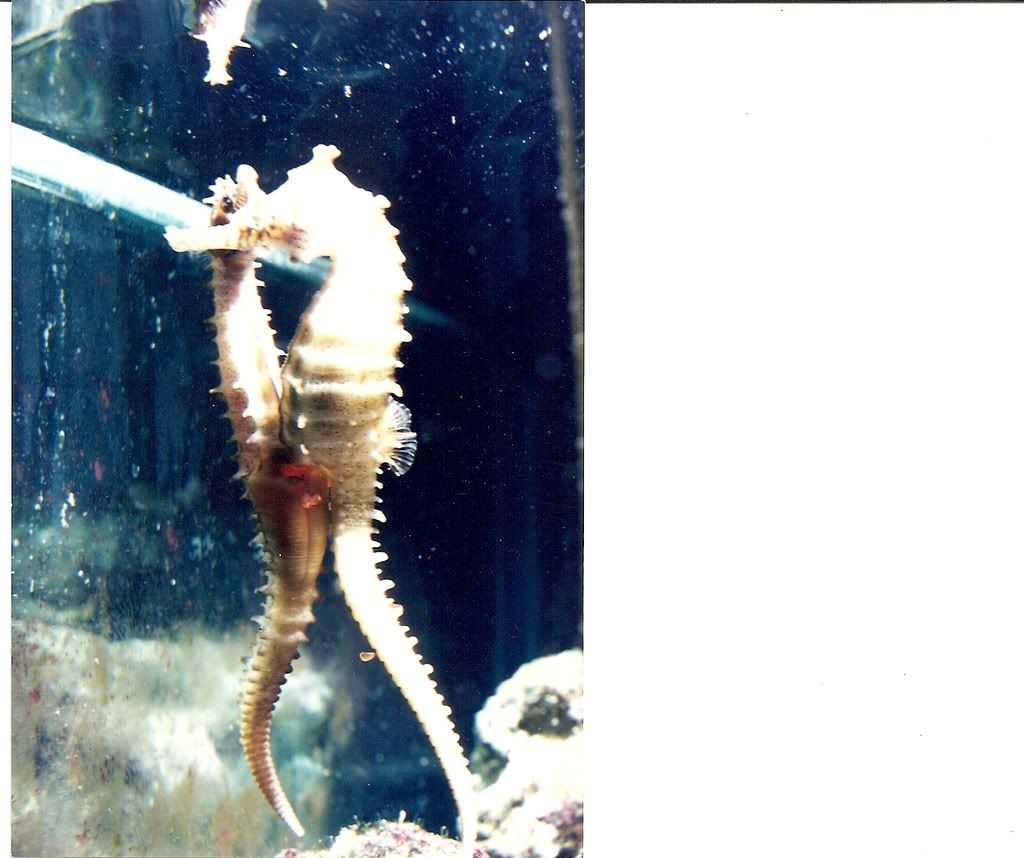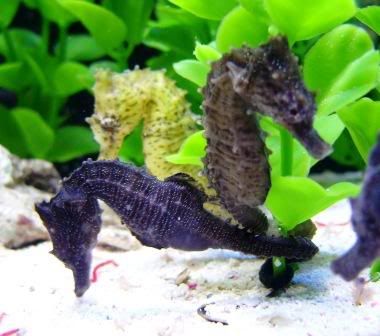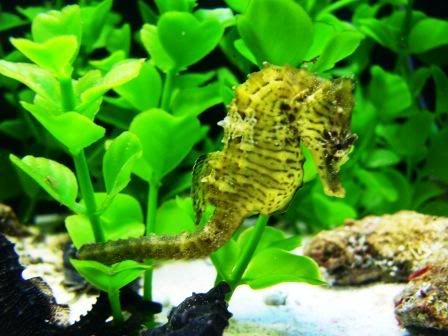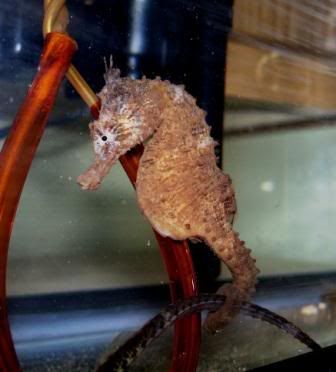Keeping Local Tropical - Mortality Issues.
I believe that I have a theory on on why attempts that keeping local collected tropical specimens, as well as local indigenous species long term have generally failed. This includes Tropical Fish, Northern Corals and Sponges, Ect.
I need to ask for help and advice from others that have attempted to keep Local specimens. Matt, GregW, Ect!
Also, Links to Past posts will be helpfull!
A Few Pis Of Local Stuff!!





I believe that I have a theory on on why attempts that keeping local collected tropical specimens, as well as local indigenous species long term have generally failed. This includes Tropical Fish, Northern Corals and Sponges, Ect.
I need to ask for help and advice from others that have attempted to keep Local specimens. Matt, GregW, Ect!
Also, Links to Past posts will be helpfull!
A Few Pis Of Local Stuff!!











